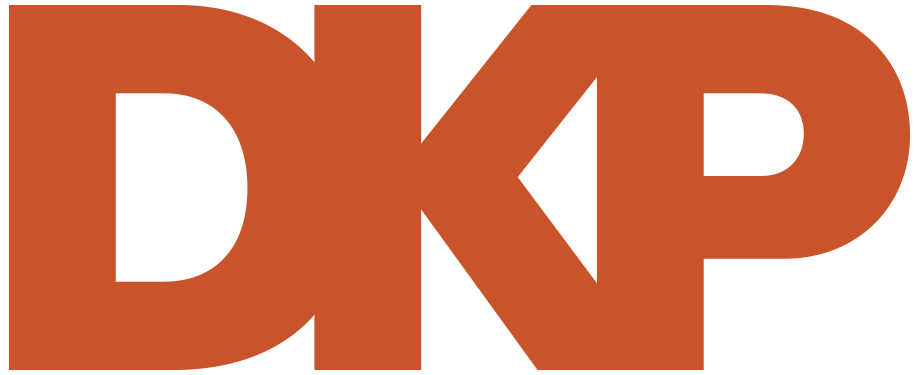IN BRIEF: MAY 21, 2024
Stories from the past week relevant to the threat from authoritarian powers and strategic corruption – and efforts to respond.
Iranian President dead in helicopter crash: Iranian President Ebrahim Raisi was killed in a helicopter crash on Sunday, 19 May, south of the border with Azerbaijan. The crash, which occurred in foggy conditions in a mountainous region, also killed Iran’s foreign minister and seven other people. The helicopter was apparently an aging US-made Bell 212. While Iran is able to purchase aircraft from Russia, it maintains some US-made aircraft using black-market spare parts due to the impact of sanctions. Russia and China were quick to extend condolences for Raisi’s death, as was, more controversially, the European Union.
More attention on Russian glide bombs: Amid the recent Russian offensive near Kharkiv, Russia is increasingly relying on glide bombs, noted the BBC. Powerful and difficult to interdict, such weapons are made by attaching a range-extending kit and guidance system to ordinary FAB-series iron bombs. Ominously a new factory is reportedly being set up in Russia to produce massive three-ton glide bombs. Notably, research by independent Ukrainian researchers found that glide bomb kits include US-made components, as TDP covered in a recent newsletter.
Russia seizes European bank assets, a week after Raiffeisen warned by US: A Russian court has ordered the seizure of assets belonging to Deutsche Bank, Commerzbank, and UniCredit, as reported on 18 May. The first two seizures were related to the withdrawal of German company Linde (which had been involved in Russia’s LNG-2 project, and which has been accused of violating sanctions) from Russia, while UniCredit was a separate case. Earlier in May, Austria’s Raiffeisen Bank International (RBI), whose exposure in Russia TDP previously covered, was warned by the US over its continued operation on the Russian market. These events illustrate the predicament of a number of European financial institutions still operating in Russia. They are caught between US, UK and EU sanctions, cannot repatriate profits from Russia due to restrictions and face potential asset seizure. The apparent difference now is that the Russian authorities are not waiting for institutions to exit to get assets at fire-sale prices but are taking them now, potentially in anticipation of Western plans to seize Russian assets abroad.
Sanctions evasion scheme involving Deripaska and Raiffeisen ends in more sanctions: In another development involving RBI, on 14 May, the US Treasury Office of Foreign Assets Control (OFAC) announced that it was imposing sanctions on one Russian individual and three Russian companies involved in an attempt to unfreeze USD$1.5 billion worth of shares belonging to Russian oligarch Oleg Deripaska via a complex divestment scheme. While not named in the OFAC announcement, RBI had been involved in the asset-swap deal, but withdrew under US pressure prior to the latest warning by US officials (see above).
OFAC designates Russians for North Korea arms transfers: On 16 May, OFAC announced sanctions on several Russian individuals and entities for their role in arms sales from North Korea to Russia. The North Korean supply of arms – artillery shells, in particular – to Russia has helped the latter out-gun Ukrainian forces on the battlefield, and missiles from the “Hermit Kingdom” have also been used by Russian forces against Ukraine. However, North Korean munitions also reportedly suffer a high dud rate.
Calls for US sanctions on Georgian Dream: Rep. Joe Wilson (R-SC) has called for sanctions on Georgian officials in the wake of the passage of that country’s so-called foreign agents law, as reported by The Hill. The controversial law requires organizations receiving more than 20% of their income from foreign entities to register with the security services as foreign agents. Many Georgains see the law as an attempt by the ruling Georgian Dream party to bring the country closer to Russia, leading to weeks of protest.
Putin-Xi summit in Beijing results in rhetoric, but no pipeline deal: Russian President Vladimir Putin’s visit to Beijing last week with a high-level delegation produced plenty of photo ops and strongly-worded statements confirming an ever-closer Russian-Chinese partnership hostile to the US-led world order. Isolated by international sanctions from its former markets in Europe due to its invasion of Ukraine, Russia is increasingly dependent economically on China, which is also a key route for Russian sanctions evasion. Despite its “no-limits” support for Russia, however, Putin walked out of the meetings without a contract for the Power of Siberia-2 natural gas pipeline. Observers have noted that, despite the two countries’ closeness, the concrete outcomes of the meetings (or lack thereof) reflect an increasingly unequal power dynamic between the two authoritarian rulers.
Canada latest to impose sanctions on Israeli West Bank settlers: On 16 May, the Canadian foreign ministry, Global Affairs Canada, announced sanctions on a quartet of “extremist” settlers in the West Bank. The US and EU have also sanctioned small numbers of Israeli West Bank settlers in recent months, amid growing domestic opposition to the ongoing Israeli military campaign in Gaza. The US released an Executive Order in February empowering the sanctions bureaucracy to impose sanctions on individuals undermining “peace, security, and stability” in the West Bank. While seen in some quarters as largely symbolic, such sanctions are nonetheless a significant step, both because they can be seen as a political rebuke to the Israeli government from close allies, and because they could have a substantial impact on the viability of West Bank settlements depending on the risk appetite of Israeli banks.

